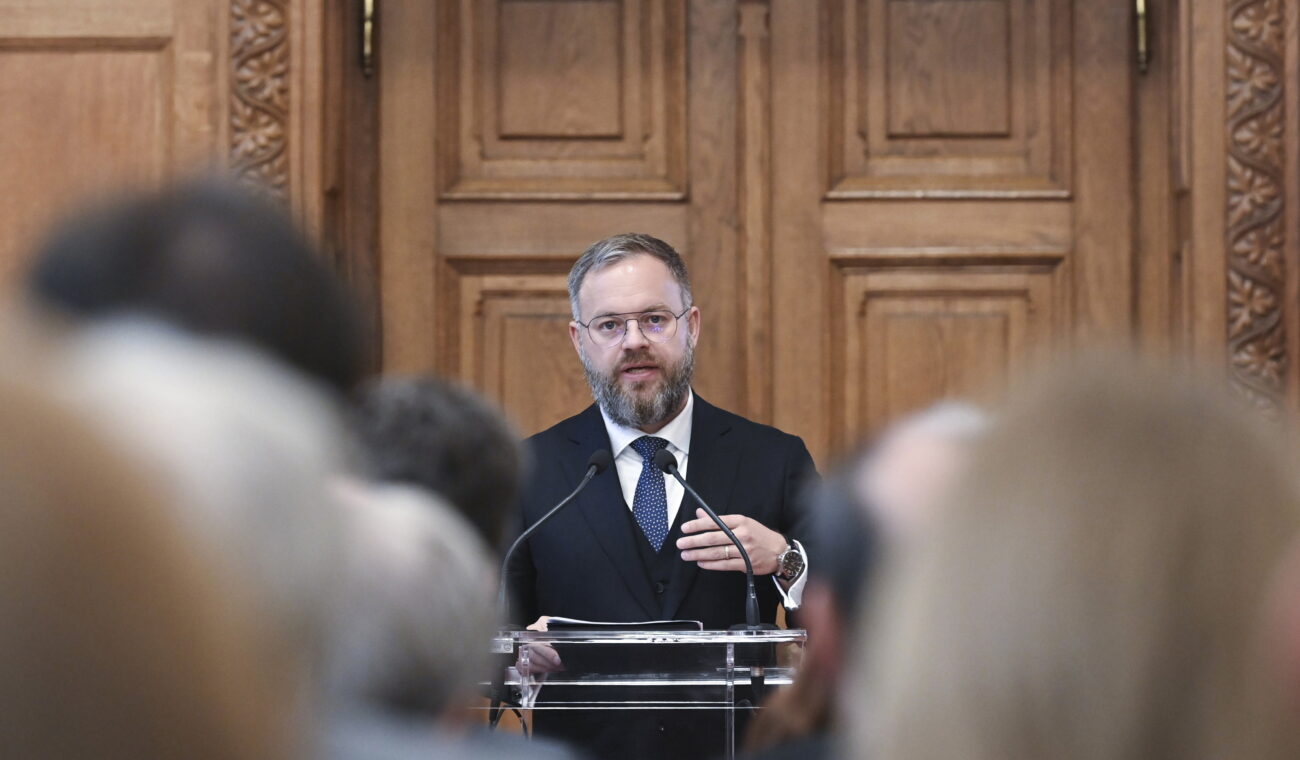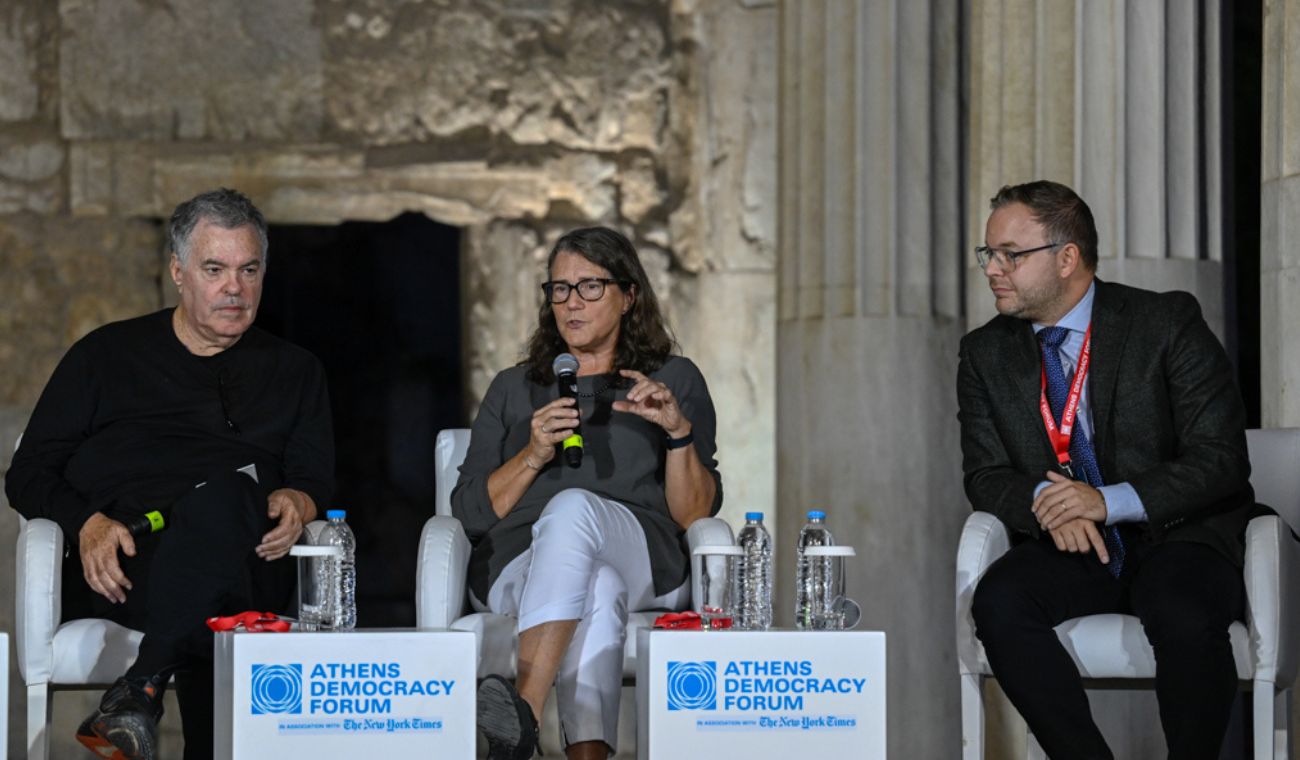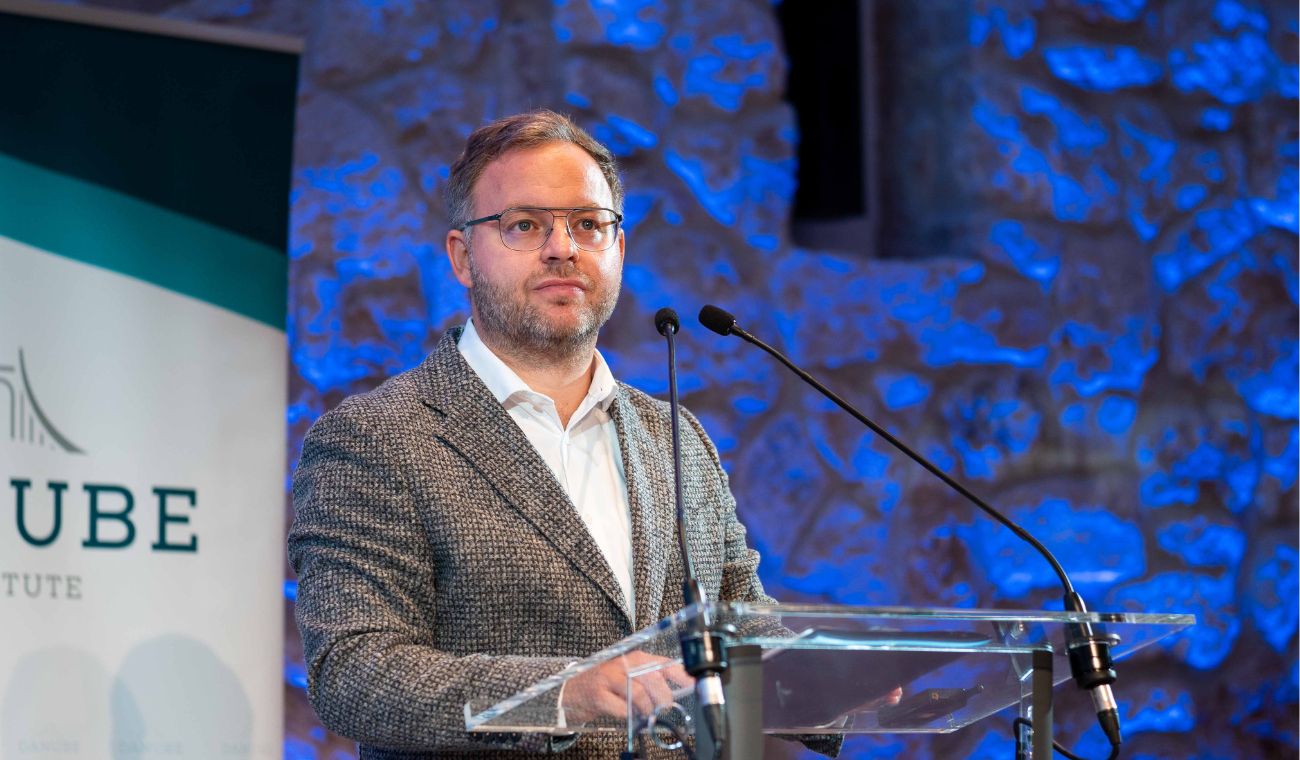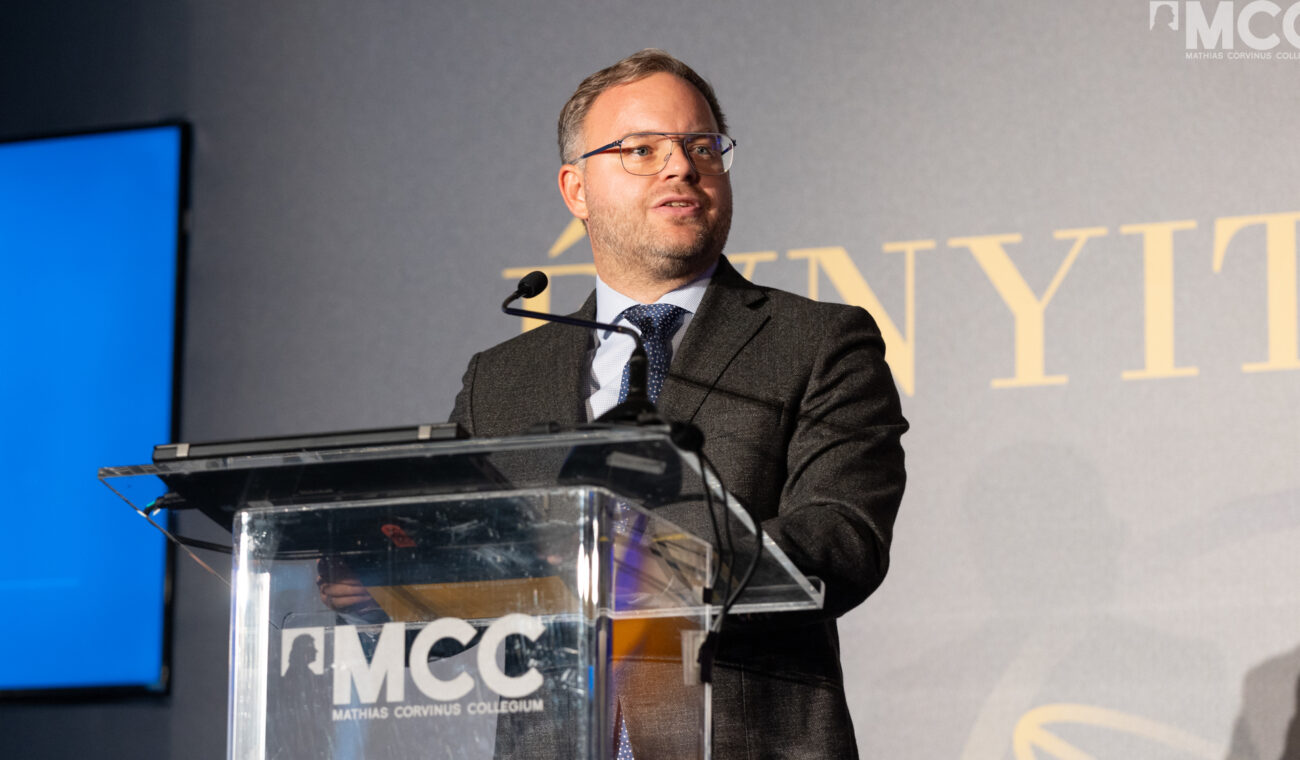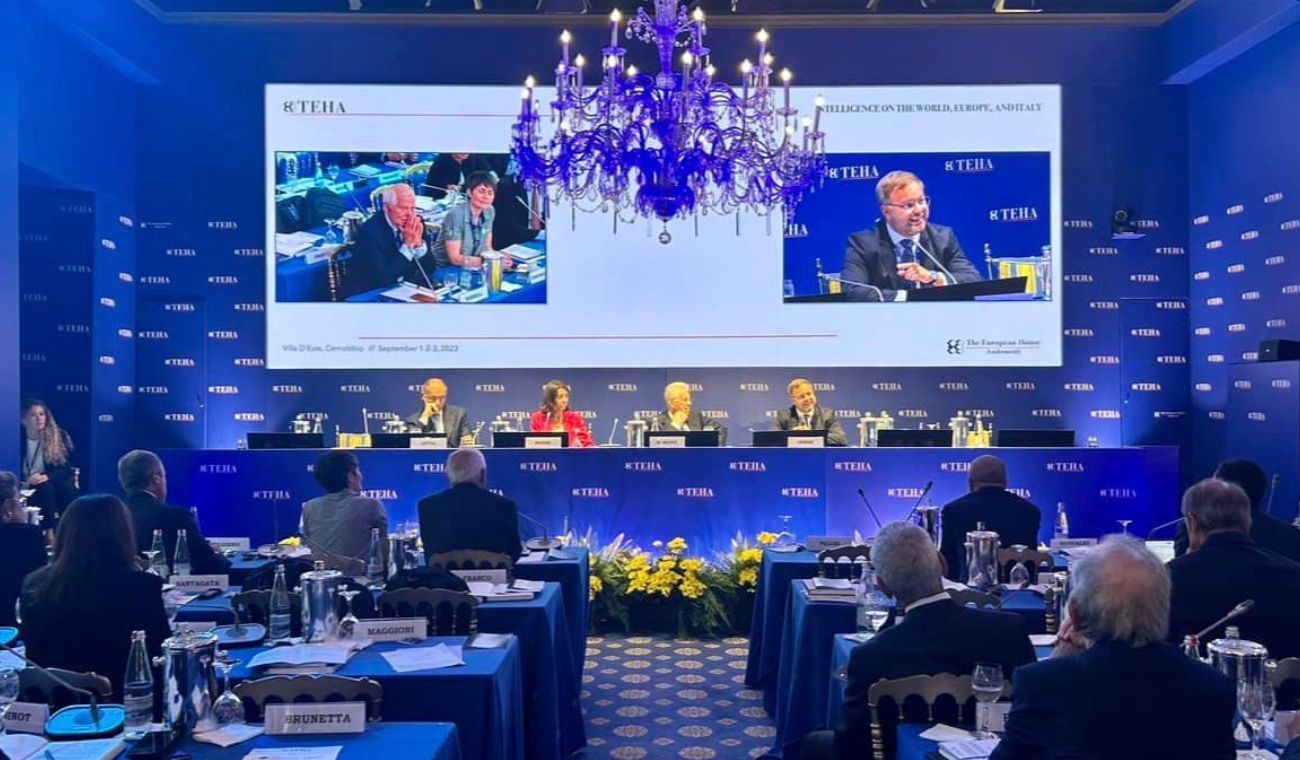Speech on the occasion of the memorial ceremony held on the 100th anniversary of the birth of István Nemeskürty
Dear Mr. President of the Republic! Mr. Chairman! Rectors! Dear members of the Nemeskürty Family! Ladies and Gentlemen! Let me join in welcoming everyone to today's memorial ceremony! They say that there is a way for us, mere mortals to find immortality here on this world: it may be achieved by leaving a mark on the memories of others—because those who are remembered truly live on. Memorial days are tangible expressions of this kind of immortality. They are often linked to a historical event, date, or
Presentation at the Economx Money Talks 25 business conference
Ladies and Gentlemen! Welcome to you all at this midday hour! The title of today's conference is Money Talks. Americans like to add that when money talks, there is no need for an interpreter. And indeed there is not, simply because it would look strange in front of a Hungarian audience. Yet, I am taking on the role of interpreter to a certain degree today. My task here today is to interpret between the language of politics and the language of business. I am attempting
Hungarian Atlantic Council 2025 – Speech
Dear Mr President! Mr Chancellor! Members of the Council! Ladies and Gentlemen! Hungary is a country where the audience typically appreciates spontaneity. My own preference would also be for improvisation. However, as they say, a man grows, and so the time has come that I finally arrived with a prepared speech. And I would also like to grab the opportunity to thank the organisers for giving us the chance to exchange ideas together today. Today's conference is titled "On the threshold of a new world order". However,
“Family formation and the future” – Danube Institute: Family Formation and the Future conference 2025
"Family formation and the future” Budapest, April 2, 2025 Dear Ladies and Gentlemen, Life often presents us with two equal paths, yet we instinctively choose one over the other. I experience this every time I visit Buda Castle from the underground parking lot. There, I have a choice: take the elevator to either the first floor or the second. I always choose the second floor. Rationally, it makes no sense—it’s an extra stop that doesn’t bring me any closer to my destination. And yet, I always take this
Italian Conservativism Conference Keynote Speech – 2023
Buon giorno, Ladies and Gentlemen. Welcome! I just arrived from Athens, where I participated at the New York Times’ Democracy Forum. Imagine a discussion between a radical left movie director, a women’s rights activist, and a Hungarian politician, moderated by a liberal journalist. Sounds like the opening line of a bad joke. As you can image I was attacked by both the moderator and one of the panelists in the first 3 seconds of the conversation. Looking at the lineup of this conference as well as the faces in
3rd Danube Geopolitical Summit keynote speech
Dear Mr. President Klaus, Distinguished Guests, Ambassadors, Dear Friends, Ladies and Gentlemen, Friends from Heritage Foundation, form Danube Institute, welcome and good morning. I am really happy to be here today. It is an honor to me to be with you and make the keynote speech on the second day. If I can be honest with you, I was not sure if I should accept this invitation. But ultimately I came to the conclusion that there is no better opportunity than this to engage in an
MCC 2023/24 opening ceremony speech
Greetings, professor! Greetings to the board members, the teaching staff, and the students of MCC! In preparing for this occasion, my aim at first was to encourage everyone with some inspiring, striking thought, preferably about the academic year ahead of us, full of challenges and achievements. About how good it is to use our talents, so that we can become our best selves, and other such things that one says at events like this. Then I came across a quote from the great musician Zoltán Kodály
